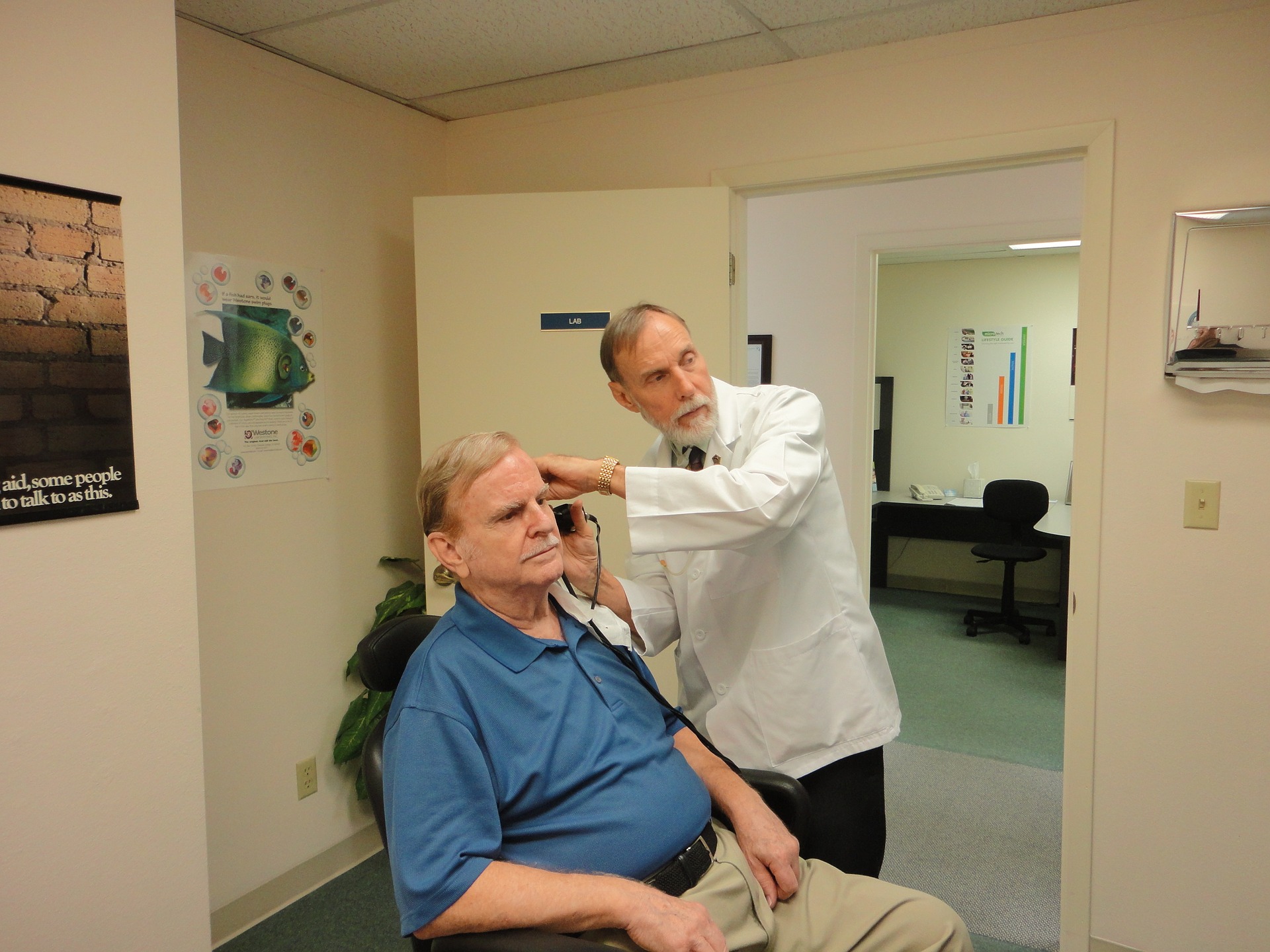What to expect at the audiologist seems like a challenging question when visiting for the first time. Lots of questions run through your mind about what they will ask or tell you. It is normal to have these concerns, but this particular hour or more testing period is nothing to worry about.
Your first visit to the audiologist will be completely pain-free. Determining what options are available to you in improving your hearing condition is the first step. If there is a hearing condition.
Do You Have Hearing Loss?
Determining if you have hearing loss is the goal of your first visit to a hearing center.
There are tests that will be carried out by the audiologist that will provide the necessary information about your hearing and what needs to be done in order to improve this condition. It is a painless procedure and it doesn’t take very long.
An Audiologist will start the test process by gathering the needed information about your medical history. This information will give him a hint about why you are experiencing hearing loss.
“For example, having a disease or rare condition that can lead to hearing loss, living or working in a loud environment, or using specific medications”.
It is very important to provide as much information as possible during the testing period, including your family’s medical history and any symptoms you have felt that could be related to your hearing problems.
Examination
After the collection of your full medical history, the next step is to carry out an overall examination of your ears.
Before the Audiologist inserts the otoscope cone into the ear canal, he inspects the outer ear for any signs of disease that may be related to the patient’s symptoms.
Both your eardrums and ear canal will be examined using a device that is placed outside of the ear canal. The aim of this is to allow the Audiologist to detect any structural damage that may be causing problems.
Testing
After the two previous steps come to the hearing test.
There is a variety of tests that can be used to diagnose a hearing loss. The method that will be used depends on age and other individual factors.
“The ability to hear various types of sounds, tones, and pitches is what this process entails. Your ears picking up or noticing any hearing signal is also involved in this step”.
An Audiologist stands at a distance and asks you to raise your hand if you hear any tones. Various levels of tones will be used in his test, and some you may not hear.
In this stage, the doctor can provide more information to you about your overall ability to hear. Hearing devices can be given or recommended for you to improve your hearing ability.
The need for the hearing aid varies and those that do not need it will not be offered one.
Summary
Before the scheduled appointment at the audiologist take time to inform yourself about hearing loss and what may cause it. This way you will also learn how to protect your remaining hearing and how your hearing problems may be treated.
Doing little research before you go to your appointment will introduce you to some important terminology. It is also a good idea to make a list of questions, so you won’t forget to mention all your concerns.
The audiologist’s approach is respectful of the individual. He begins by getting to know the person. By interacting with her, the Audiologist determines the nature of her problems: does the person have difficulty hearing at work, or is it listening to TV? Does she have difficulty following a conversation between several people or in a public place?
“The Audiologist seeks to assess the hearing difficulties and discomfort that the person experiences in everyday situations. He then proceeds to a precise evaluation of the auditory status of the individual”.
Depending on the case, he gives him a series of exams, including an audiometric test that allows, among other things, to obtain an audiogram.
From the results obtained, the audiologist examines with the person the means to remedy the situation. For example, he might suggest the use of assistive listening devices (headphones for television) or ambient noise control (to prevent the radio from playing loudly).
In many cases, people with hearing difficulties come out of such a consultation with the impression of having been listened to and understood.
Above all, they received recommendations and technical tools adapted to their condition.
Such an approach not only satisfies people but also reduces the cost of time and money for everyone, including the health system.



